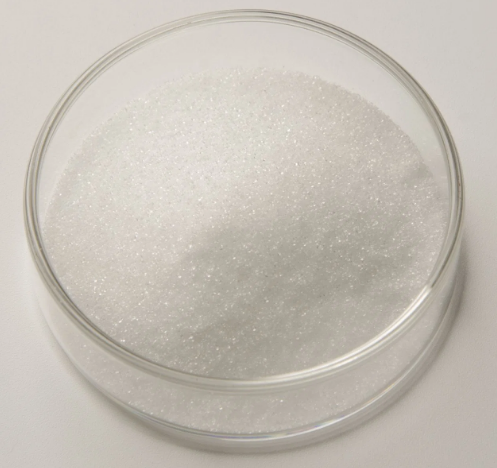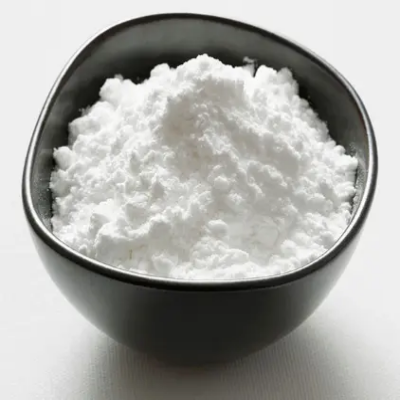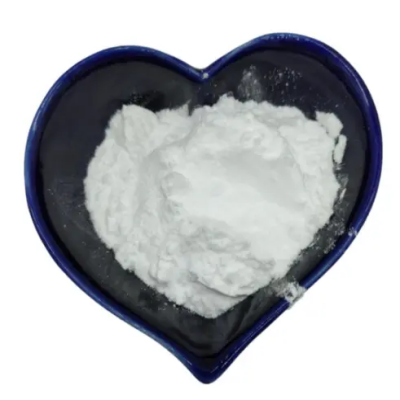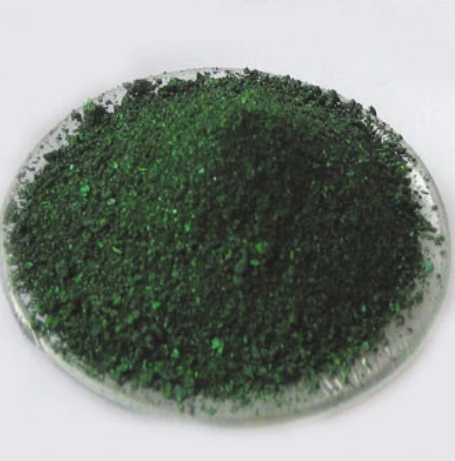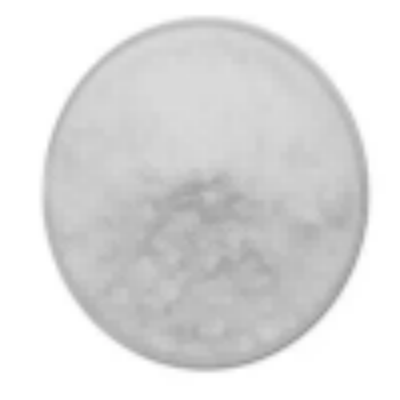1-(3-Dimethylaminopropyl)-3-ethylcarbodiimide hydrochloride CAS:25952-53-8
Peptide and protein synthesis: EDC hydrochloride is commonly used as a coupling agent in peptide and protein synthesis. It promotes the formation of peptide bonds between an amino group of one amino acid and the carboxyl group of another amino acid, facilitating the synthesis of custom peptides and proteins.
Nucleic acid modification: EDC hydrochloride is used in nucleic acid research to modify and cross-link DNA and RNA. It can facilitate the conjugation of nucleic acids with other molecules, such as fluorescent dyes or biomolecules, enabling various downstream applications like labeling, hybridization, and detection.
Enzyme immobilization: EDC hydrochloride is used in enzyme immobilization processes, where enzymes are attached to surfaces or matrices to enhance their stability and reusability. EDC hydrochloride can activate carboxyl groups on the surface and promote the covalent binding of enzymes to the material.
Bioconjugation: EDC hydrochloride is employed in the bioconjugation of biomolecules with other molecules or surfaces. It can activate carboxyl groups on both biomolecules and other molecules of interest, facilitating their conjugation and forming stable linkages.
Drug delivery systems: EDC hydrochloride is used in the preparation of drug delivery systems, where it helps in the covalent conjugation of drugs or therapeutic molecules to carrier materials, such as nanoparticles or polymers. This conjugation can enhance drug stability, targeted delivery, and controlled release.
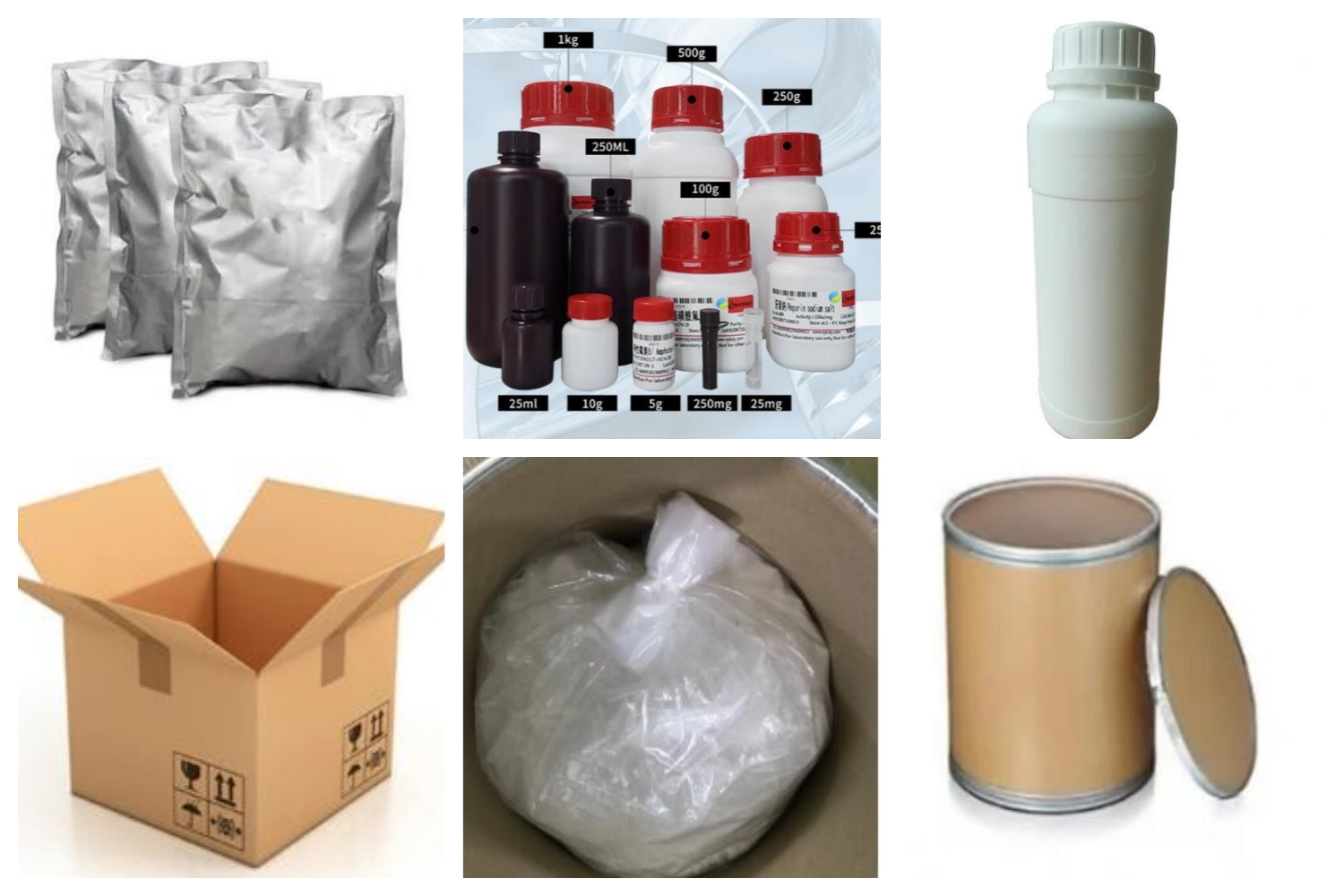
| Composition | C8H18ClN3 |
| Assay | 99% |
| Appearance | White crystalline powder |
| CAS No. | 25952-53-8 |
| Packing | Small and bulk |
| Shelf Life | 2 years |
| Storage | Store in cool and dry area |
| Certification | ISO. |


